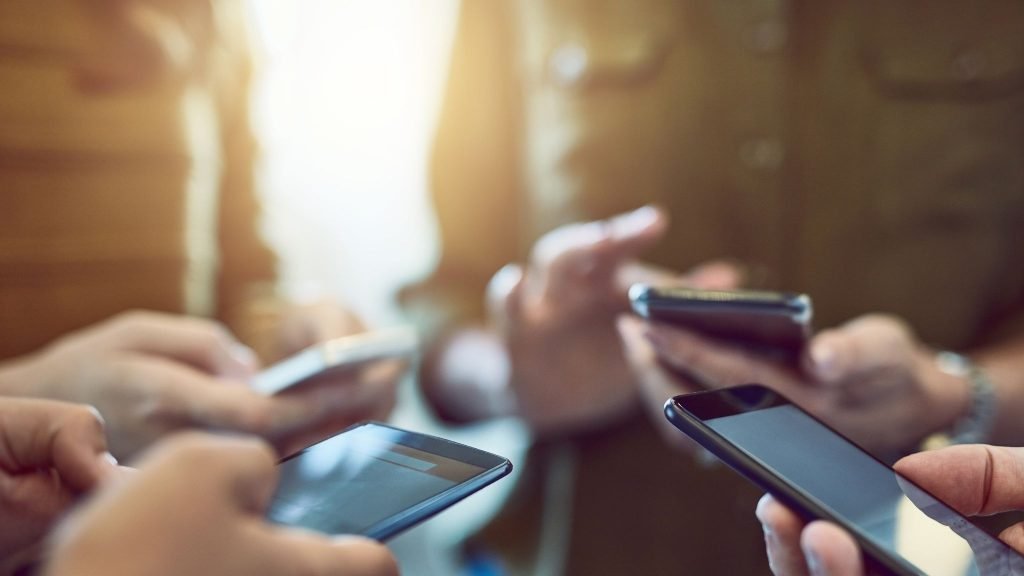Parasocial Relationships: Do You Have One?

Have you ever had a public figure, be it a celebrity or maybe a social media influencer from your city, that you’ve felt especially close to? Almost as if you had a real-life friendship with them.
You compliment them under their Instagram pictures, stay on top of their career milestones, defend them against criticism, and keep their pictures in your room. If you’re having a down day, you spend quality time with them to cheer you up. If you need encouragement, you think back on the inspiring things they’ve said.
To you, this person is an important and familiar part of your day-to-day life. But they don’t know you exist.
This is called a ‘parasocial’ relationship. It’s a concept that has been getting a lot of interest on social media this year as people have begun to wonder why they are so invested in the lives of strangers, and if it’s normal?

What does ‘parasocial’ mean?
The word ‘parasocial’ was invented in 1956 by two American psychologists, Donald Horton and Richard Whorl. It’s used to describe a one-sided relationship where one person spends time and emotional energy on an individual or organisation (like a sports team or pop group) who is not aware of their existence.
Parasocial relationships may sound strange, but they don’t have to be a bad thing. For example, in a parasocial relationship there is a pretty much zero chance of rejection, because you are the only active participant. You get to control the narrative. People get a boost to their self-esteem by imagining positive interactions with people they admire.
However, this relationship easily turns sour if it is used as a replacement for real life connections instead of something to be enjoyed alongside them. Lonely and isolated individuals are especially prone to this, and it can leave them feeling depressed and even more cut-off from other people than ever.
Has the pandemic had an effect on parasocial relationships?
In a word: Yes.
The pandemic, and the rules and restrictions that came with it, have caused two major game-changers in our social lives. One, we stopped being able to meet-up as easily as we used to. Sometimes we weren’t even allowed to see people face-to-face at all! Two, we moved the majority of our social interactions over to our phones and computers. Suddenly, we were mostly seeing our loved one’s lives play out over the screens we held in our hands. Just like our favourite far-away celebrities.
This big shift to screens has made it more difficult for our brains to differentiate between our feelings towards the friends we see online, and our idols who we see online. And because of a string of lockdowns we’ve had more freetime and boredom to burn than ever. In Ireland, the amount of time children spent on screens jumped by 70%. In the United States, the population was spending an average of thirteen hours a day looking at a screen.
As a result, we not only have more time to invest in our parasocial relationships, our minds are having a hard time separating them from our ‘real’ relationships. This is especially because the objects of these relationships have changed. When Horton and Whorl first started their studies in the 1950s, they were interested in the attachments people formed to fictional characters, especially from TV shows. In the 21st century, real life people are the main focus instead.

The Migrant Factor: Loneliness, parasocial connections, and you.
It should come as no surprise that those of us who do not have a strong social network of friends and family around us are more likely to lean on our parasocial relationships for feelings of companionship. As a migrant or expat you are especially vulnerable to loneliness, particularly if you only moved recently.
Becoming familiar with a new area and forming strong links to people in your community is difficult, especially if you also had to learn a new language. If you moved just before, or during, the pandemic, you had an extra challenge: being stuck inside your home for weeks on end. To combat the loneliness that arose from this situation, you may have turned to a familiar figure you already knew well. Someone you may have admired for a long time. Someone comforting.
It’s only natural to seek enjoyment from something that recreates a feeling of closeness with another person, in fact studies suggest a parasocial relationship is far better than nothing at all. Although, you still have to be careful because parasocial relationships don’t challenge you to be vulnerable. You don’t take any risks investing in them, and this might make them look more appealing than going out into the world and possibly being turned away by others. However, the person on the other end of your parasocial connection cannot respond to your specific emotional needs. They can’t help you practically if you need support.
Ultimately, although they bring entertainment to our lives, parasocial relationships can’t replace the importance of bonding with the people around you. In order to firmly put down roots in your new home, you have to be brave and take a leap of faith. The rewards are sure to be worth it.